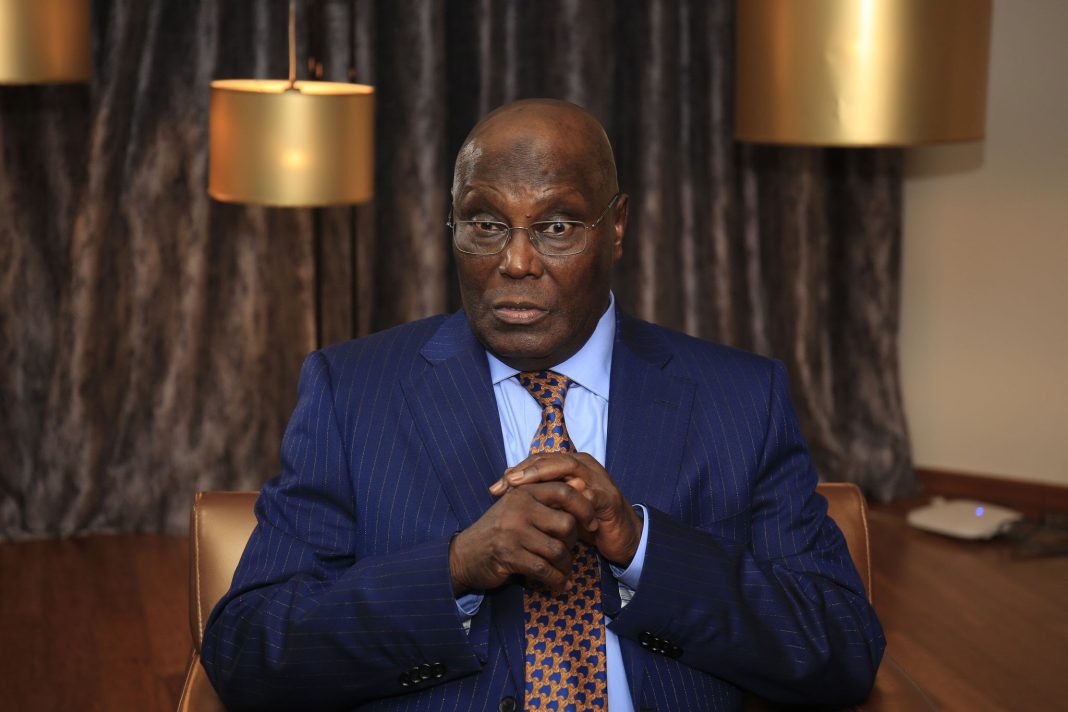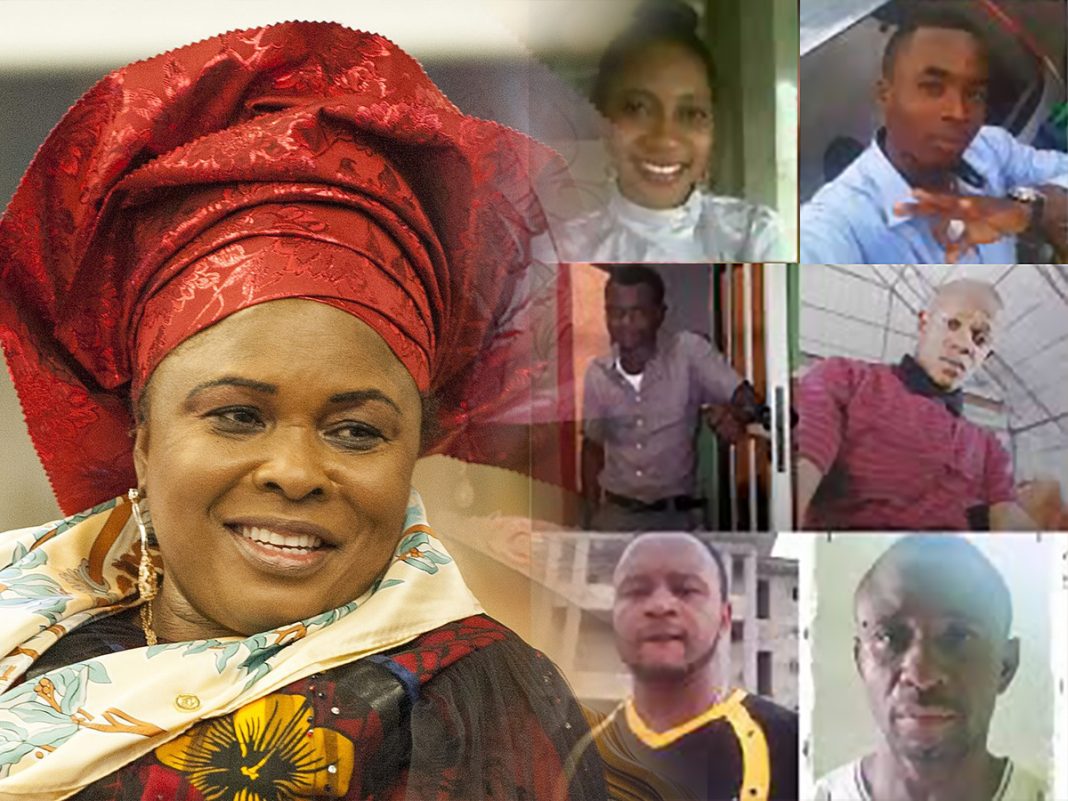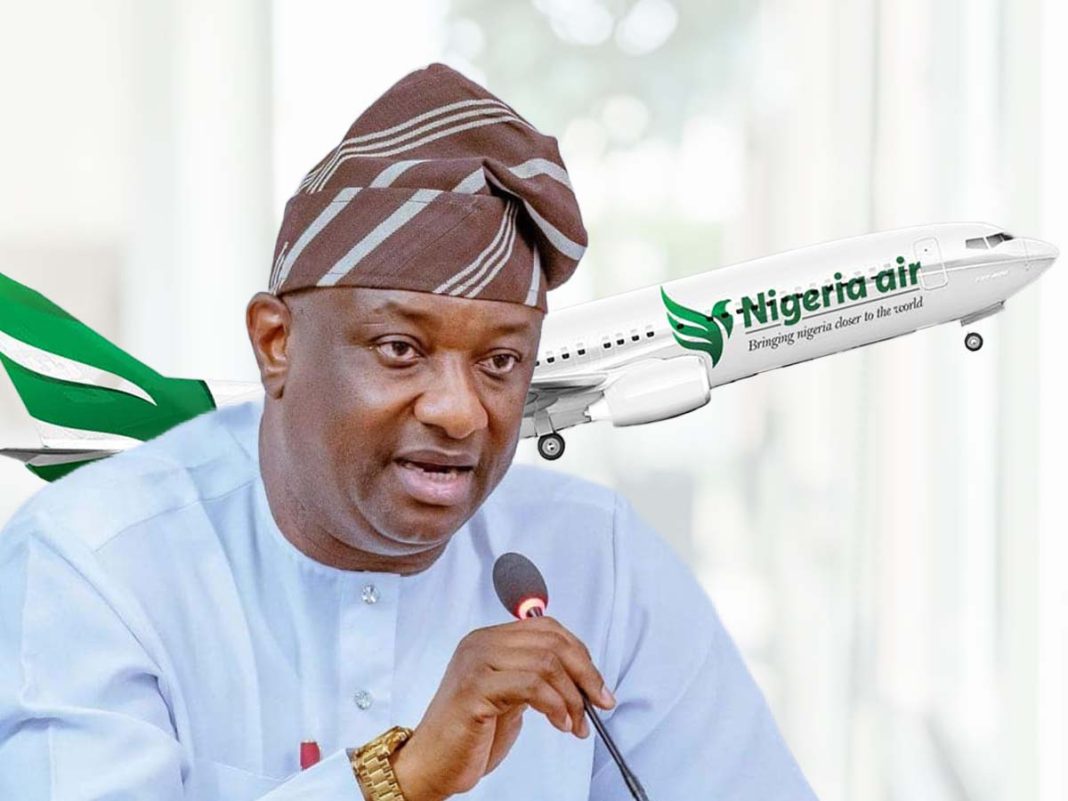Former Vice President Atiku Abubakar has intensified his coalition plans for the 2027 presidential election, causing visible friction within the ranks of the Peoples Democratic Party (PDP), particularly among its governors and senior officials. His recent visit to Osun State has been interpreted by observers as a deliberate snub of Governor Ademola Adeleke and PDP stakeholders in the state, further deepening concerns about a widening political divide.
Atiku’s push to build a grand alliance against the ruling All Progressives Congress (APC) has met with resistance from PDP leadership, which maintains that the party is strong enough to defeat the APC without entering into a coalition. The PDP has instead launched a reconciliation committee led by former Senate President Bukola Saraki to strengthen internal unity.
However, Atiku’s refusal to meet with Governor Adeleke or the state party chairman during his visit to Osun has fueled speculation of a fallout. Instead, he met with former APC governor Rauf Aregbesola, now seen as one of Atiku’s coalition allies. Political insiders view this as a sign that Atiku may be distancing himself from PDP leadership that is not aligned with his vision for 2027.

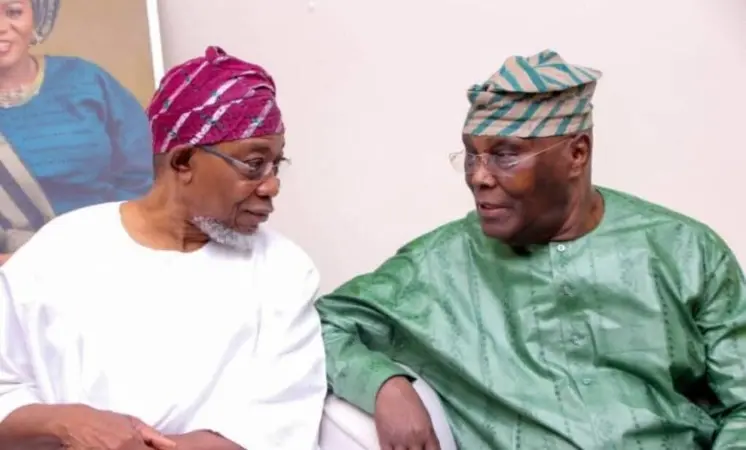
The incident has sparked anger within Osun PDP. A source at the PDP national secretariat described Atiku’s actions as a clear signal that he had drawn battle lines with party governors unwilling to support his coalition agenda. “Our governors are not with him in this move, and his actions show hostility,” the source said.
Read Also: Patience Jonathan’s Detained Domestic Workers’ Trial Stalled Again by Adjournment
While Governor Adeleke was reportedly shocked by Atiku’s behavior, political analysts suggest the former vice president was disappointed by Adeleke’s lack of commitment to his 2027 bid. They argue that Atiku may be acting on the assumption that Adeleke is sympathetic to President Bola Tinubu’s re-election ambitions.
The growing rift between Atiku and Adeleke is further complicated by the governor’s strong popularity in Osun State, compared to Aregbesola’s reportedly waning influence. A top Osun government official said Atiku failed to notify the state government of his visit, describing the move as a slight that sent a message to party stakeholders.
Observers believe that Atiku is prepared to move forward with his coalition regardless of internal party resistance. He is set to meet today in Abuja with key political figures including Labour Party presidential candidate Peter Obi, former Kaduna State Governor Nasir El-Rufai, former Transportation Minister Rotimi Amaechi, and Aregbesola.
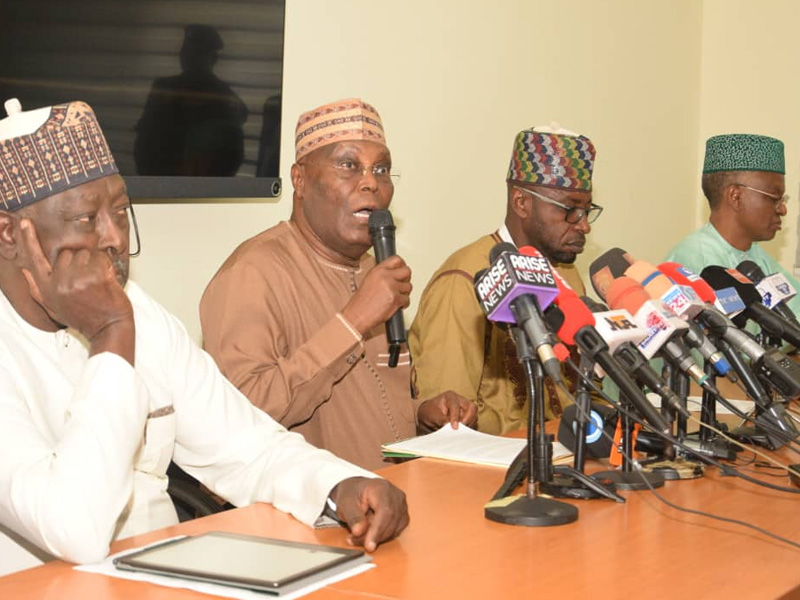

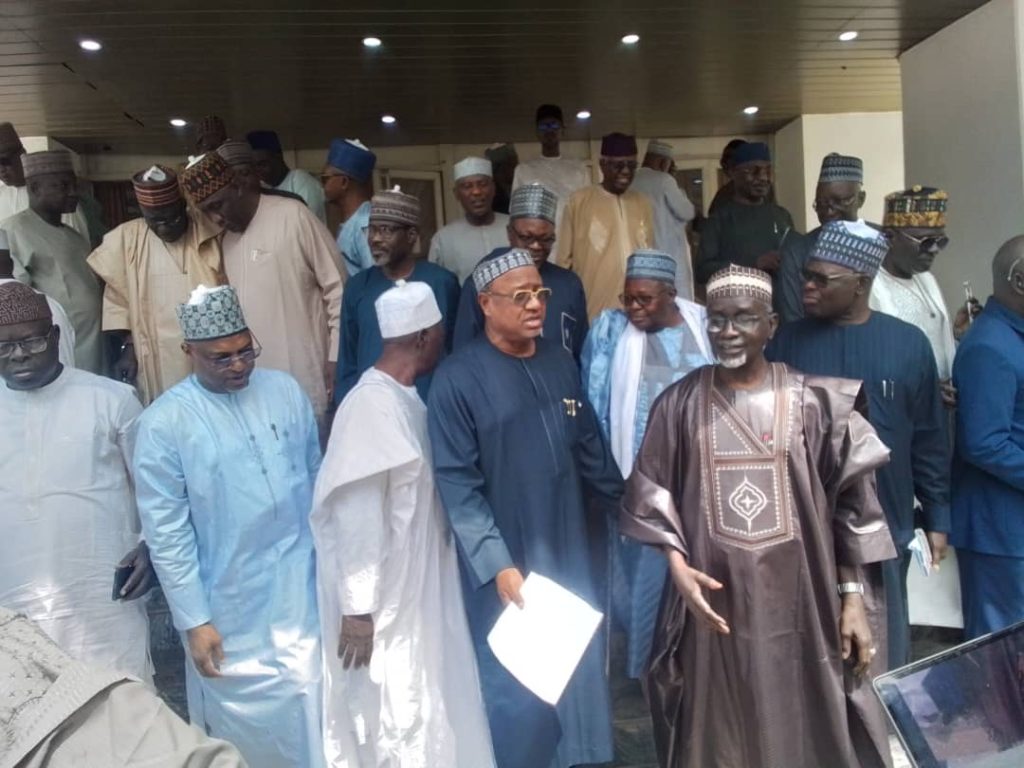
Despite speculation about a potential Atiku-Obi ticket, Obi has reaffirmed his commitment to contesting under the Labour Party in 2027. He also criticized the federal government for allegedly fueling internal crises within opposition parties like PDP and LP.
Meanwhile, the Obidient Movement’s National Coordinator, Dr. Yunusa Tanko, clarified that no coalition agreement has been reached. He described current discussions as informal meetings between respected political actors exploring solutions to Nigeria’s democratic challenges.
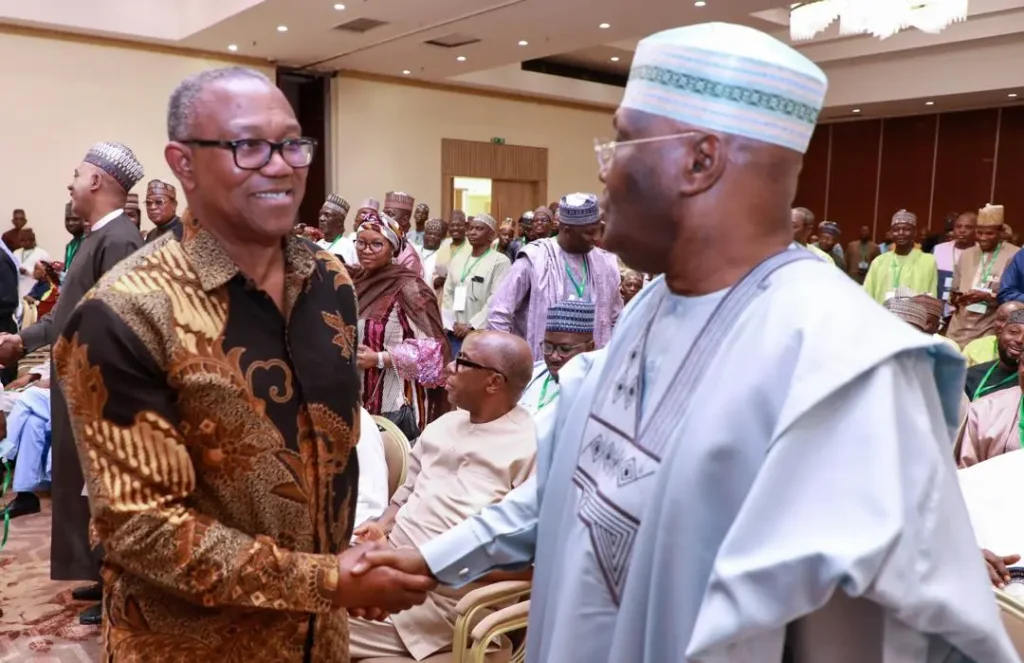
Atiku’s coalition strategy for 2027 continues to evolve, but not without controversy. A fresh wave of confusion has also erupted over the scheduling of the PDP’s National Executive Committee (NEC) meeting, with internal wrangling between National Secretary Samuel Anyanwu and his deputy adding further tension.
In contrast, President Tinubu received a boost from the Northern Bridge Builders Forum, which formally endorsed him for a second term in 2027, praising his reforms in security, economy, and governance.
Atiku’s coalition strategy for 2027, however, remains a defining issue in Nigeria’s political landscape, with insiders and observers watching closely to see how it reshapes alliances and rivalries ahead of the next general election.
How Cybercitizens, Political Analysts and Party Members Are Reacting to Atiku’s Coalition Plans”
Segun Sowunmi (PDP insider) Said: I Advise Atiku to adopt Tinubu’s individual-focused coalition model rather than building inter-party alliances
@FrannyOD Wrote: I must admit, I have a soft spot for you largely because of the clear and consistent respect you’ve shown toward H.E. @PeterObi . Regardless of political differences, your regard for him has never gone unnoticed. That said… wait a minute,weren’t you the one who once said elections aren’t won by “four people tweeting in a room”? Well, I forgive you….
Here’s my honest thought: Nigeria would hold you in even higher regard if you embraced a statesman-like role; perhaps as a political mentor working quietly but powerfully behind the scenes to support @PeterObi. It’s evident that you believe in his capacity to lead this nation with the same passion and vision you have long carried. Why not collaborate strategically, step back from the frontlines, and focus on uniting efforts to remove @OfficialAPCNg from power?
I write respectfully…..
Arewa Consultative Forum Said: while coalitions historically matter, this one lacks leadership and ideological unity, especially when compared to Buhari’s 2015 blueprint.
@rilwan_ola01 Wrote: They are collaborating, and sensible talks are taking place. What matters most is that everyone comes together and chooses someone who shares the majority’s viewpoint. Enough with the Obi or nothing mentality. Everyone of them is qualified to lead.
Omoyele Sowore (AAC) calls the coalition a “political opposition scam,” labeling its leaders opportunists lacking credible track records

